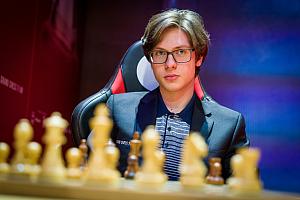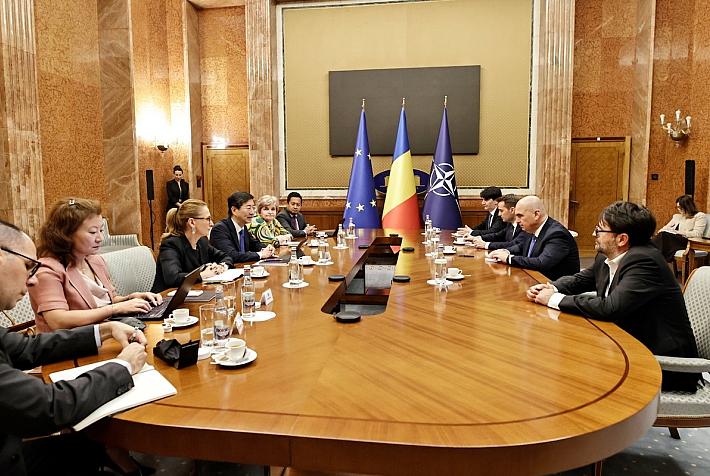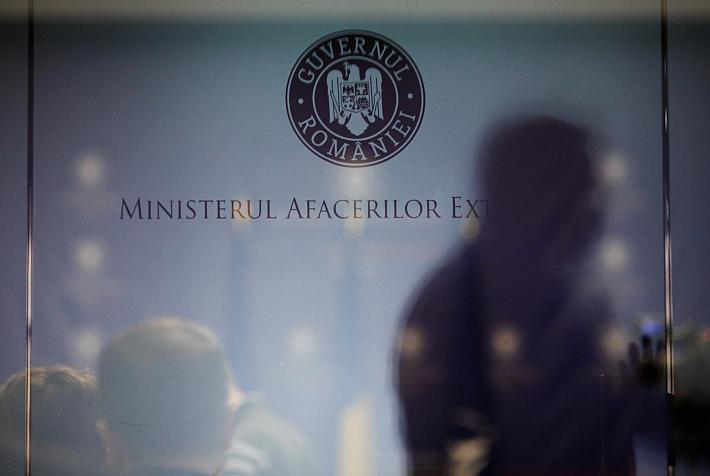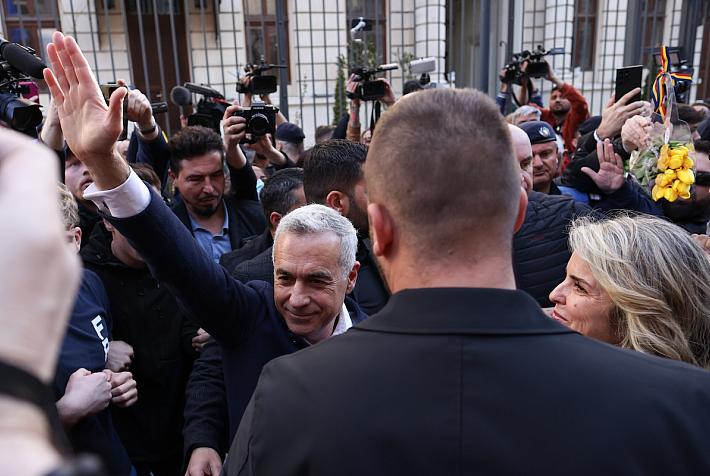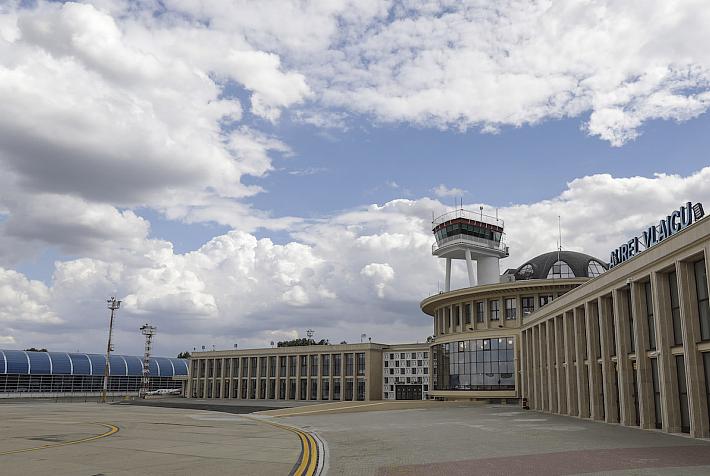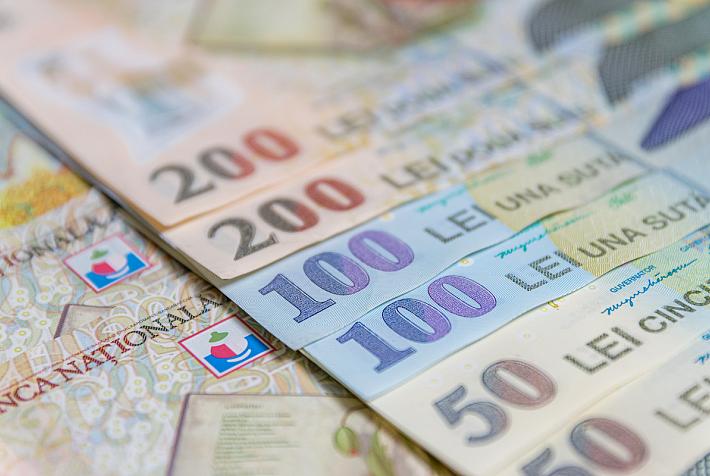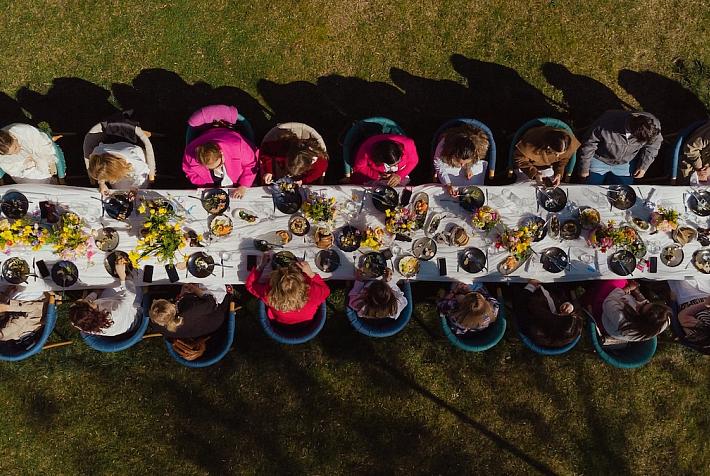Chess to be taught in Romanian schools as optional subject
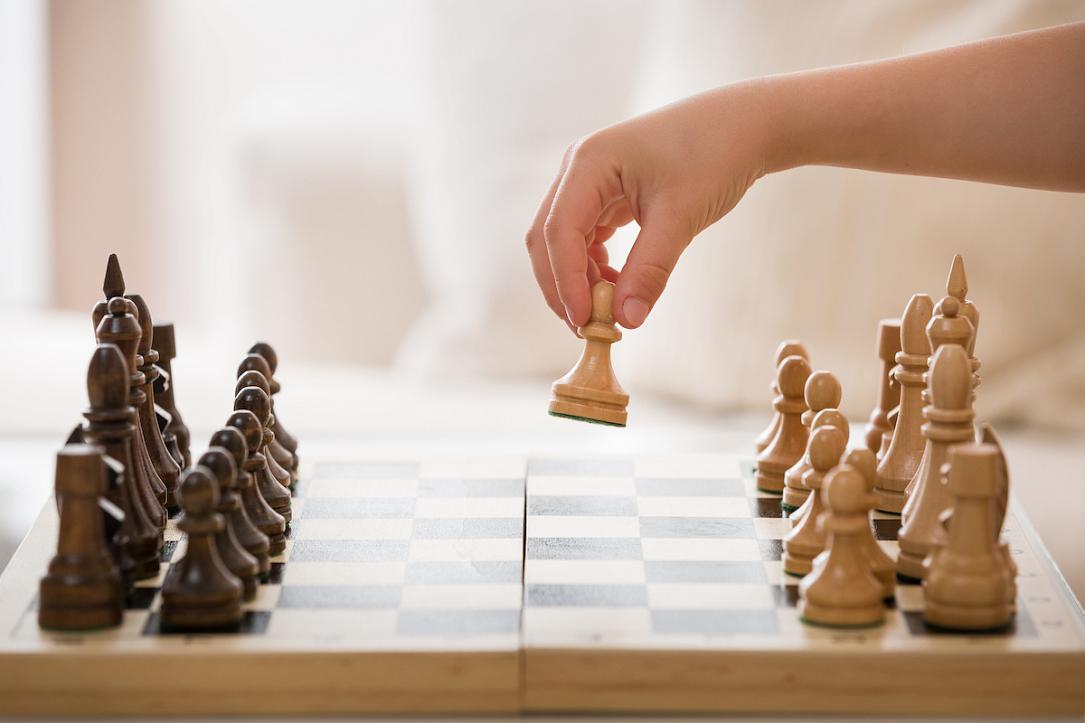
Chess will be taught in schools as an optional subject starting in the next academic year. Over 50,000 primary school students will participate in the initial phase of the pilot project.
Over 3,000 teachers will be trained by professional coaches by September to prepare the children who opt for the course.
Coaches from a chess academy in Bucharest already train 800 children annually who want to play chess competitively. Parents pay a monthly fee of at least RON 200 (EUR 40) for their children's training. Only a few schools in Romania offer such courses.
"Chess has always been a popular sport in Romania, but it has not always been supported by the government," said Alecsandu Oțetea, president of the Chess Academy, in a statement for ProTV.
Vlad Ardeleanu, president of the Chess Federation of Romania, said that the project will give teachers the opportunity to take training in chess for the first time. "Teachers were wondering if they could teach this optional subject since they had not played chess until then. They will learn everything they need to know to use chess as a tool in education step by step, starting with logical games on chessboards,” he added.
The TV series The Queen’s Gambit, released in 2020, led to an increase in interest in chess around the world. Requests for chess sets on eBay increased by 250%, and the number of new players on Chess.com grew fivefold. 400,000 accounts on this platform are from Romania.
Playing chess comes with some advantages. “We are not just talking about advantages in accelerating cognition, mathematical calculation, and logic. I would like to highlight the advantages of developing a child's personality. We live in a world of speed and lack of attention, and one of the main problems of children is related to concentration. You have to scroll constantly on social media, but chess is a strong antidote to this phenomenon. Chess gives you a certain rigor, has limits and rules, and this understanding that there are rules that they cannot break is installed in the children's subconscious,” said Vlad Ardeleanu.
(Photo source: Lexey Ivanov | Dreamstime.com)






